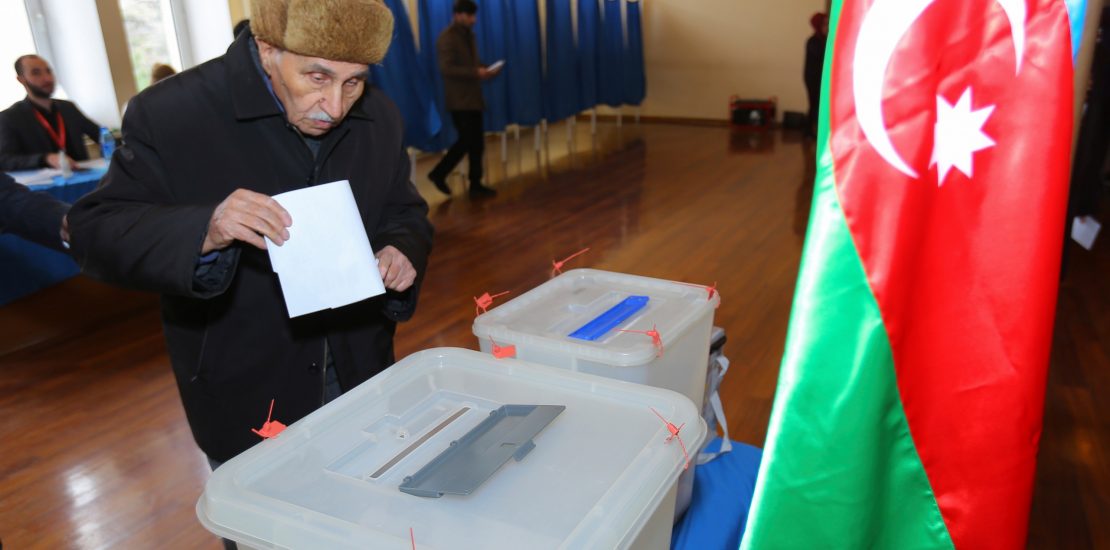- 11 February, 2020
- Foreign Policy

The culture of overseas online shopping is becoming more and more common in Armenia during the recent years. Nonetheless, Armenians’ opportunities for online shopping from international shops may be essentially restricted if the Eurasian Economic Union (EAEU) – that Armenia is a member of – makes a decision to reduce the threshold price of deliveries not subject to customs clearance.
What Gives Rise to Such Concerns?
Still in December of the last year, the Prime Minister of Russia of that time, Dmitry Medvedev, approved the proposal by the Minister of Finance, Anton Siluanov, as to reducing the threshold price of customs-free goods bought from non-EAEU countries to EUR 100 starting with 1 July 2020 and to EUR 20 starting with January 2022, and assigned to discuss the proposal with the government heads of the EAEU countries. On 28 January 2020, ahead of the Eurasian Economic Commission Board meeting in Almaty, Russian news agency “ТАСС” wrote that the matter of reducing the threshold price of goods not subject to customs clearance would be discussed during the meeting.
However, such a decision was not made in Almaty. Instead, it was decided to examine the matter in 6-month period and only then pass on to its discussion.
It should also be mentioned that as per a decision adopted in the EAEA still in 2017, the threshold price of customs-free importation from non-EAEU countries was EUR 500 since 1 July 2018 having been EUR 1000 prior to that. Starting with1 January 2020, new regulations have been in force according to which goods at a price higher than EUR 200 shall be subject to customs clearance.
Thus, the threshold price of goods not subject to customs clearance has slumped in two stages since 2018 – at first, from EUR 1000 to EUR 500, then from EUR 500 to EUR 200.
What Influence Can All of This Have on Armenians?
As already mentioned, Armenians have been doing more and more overseas online shopping in the recent years. This is also proven through the data provided by the RA State Revenue Committee (SRC) in response to the query made by the Union of Informed Citizens NGO.
For instance, 218,530 postal deliveries were imported to Armenia from non-EAEU countries in 2017. Moreover, only 4842 deliveries were imported in January 2017, while this figure rose to 27,807 to the end of the year – in December.
The picture was completely different in 2018; number of imported postal deliveries was bigger for more than four times compared with that of 2017 reaching up to 907,685. Like in 2017, there was a huge difference between the months of January and December – 18,117 deliveries in January, and 216, 208 deliveries in December.
This tendency continued also in 2019 when the number of imported items was already expressed in millions – 2,641,370 in total. Moreover, 153,125 postal deliveries were imported in January 2019, and 304, 599 in December.
Growth dynamics of postal deliveries imported to Armenia becomes more evident also when considered on quarterly basis.
The figures above best reflect the rate at which online shopping from foreign shops increases being also promoted by the local shipping companies.
After all, how can the foreseen changes in customs regulations influence on this type of shopping?
According to the SRC response to another query made by the Union of Informed Citizens, in 2019, the lion’s share of Armenians’ online shopping from foreign shops was within the price range of up to EUR 20. Hence, customs value of 2,129,486 deliveries or 80,6% of the above-mentioned 2,641,370 deliveries fell below EUR 20. Deliveries with customs value of EUR 20-50 made up 9,2% (241,937) of the total, and deliveries with that of EUR 50-100 made up 4,5% (120,334).
Armenians also order quite a big number of goods at prices of EUR 100-150 (2,6%, 69,153), EUR 150-200 (1.3 %, 36,095) and EUR 200-500 (1.5 %, 40,676). In 2019, there were only 3250 deliveries at a price of EUR 500-1000, 390 deliveries within the price range of EUR 1000-2000, and only 49 deliveries had a customs value higher than EUR 2000.
Thus, it turns out that last year 3689 postal deliveries with a customs value higher than EUR 500 were customs cleared in accordance with the EAEU regulations. In view of the regulations having entered into force since January 1 and assuming that in the current year Armenians will do online shopping to the same extent and at the same price paying customs duty for goods at a price higher EUR 200, 44,365 deliveries will be subject to customs clearance.
Who Is Interested in Lowering the Threshold of Customs-free Importation?
It is noteworthy that within the EAEU, Russia is the initiator of lowering the threshold of customs-free importation from foreign online shops.
Thus, Head of the Federal Customs Service of Russia Vladimir Bulavin mentioned in an interview with “Rossiyskaya Gazeta” that in 2019 when the threshold of customs-free importation was lowered from EUR 1000 to EUR 500, customs fees increased thrice compared with 2018. Hence, due to these regulations Russia increased thrice its revenues received from customs fees of goods ordered from foreign online shops. Moreover, as stated by Bulavin, a proportional increase is expected also in 2020 when the threshold price of goods imported without customs clearance was reduced to EUR 200. So, the more goods subject to customs clearance, the more customs fee and, consequently, the more revenues for the state.
Yet, as known, Armenia is in partial blockade; borders with its two neighbor countries are closed and commercial relations with Iran are troublesome considering the problems the latter has with the international community. Under such circumstances, online shops and online shopping in general play an essential role for Armenians significantly relieving cares of people living in a complex geopolitical region. Yet, further lowering of the threshold for customs-free importation can certainly affect Armenians’ dynamics and purchasing power of online shopping.
Vahe Ghukasyan
Union of Informed Citizens




